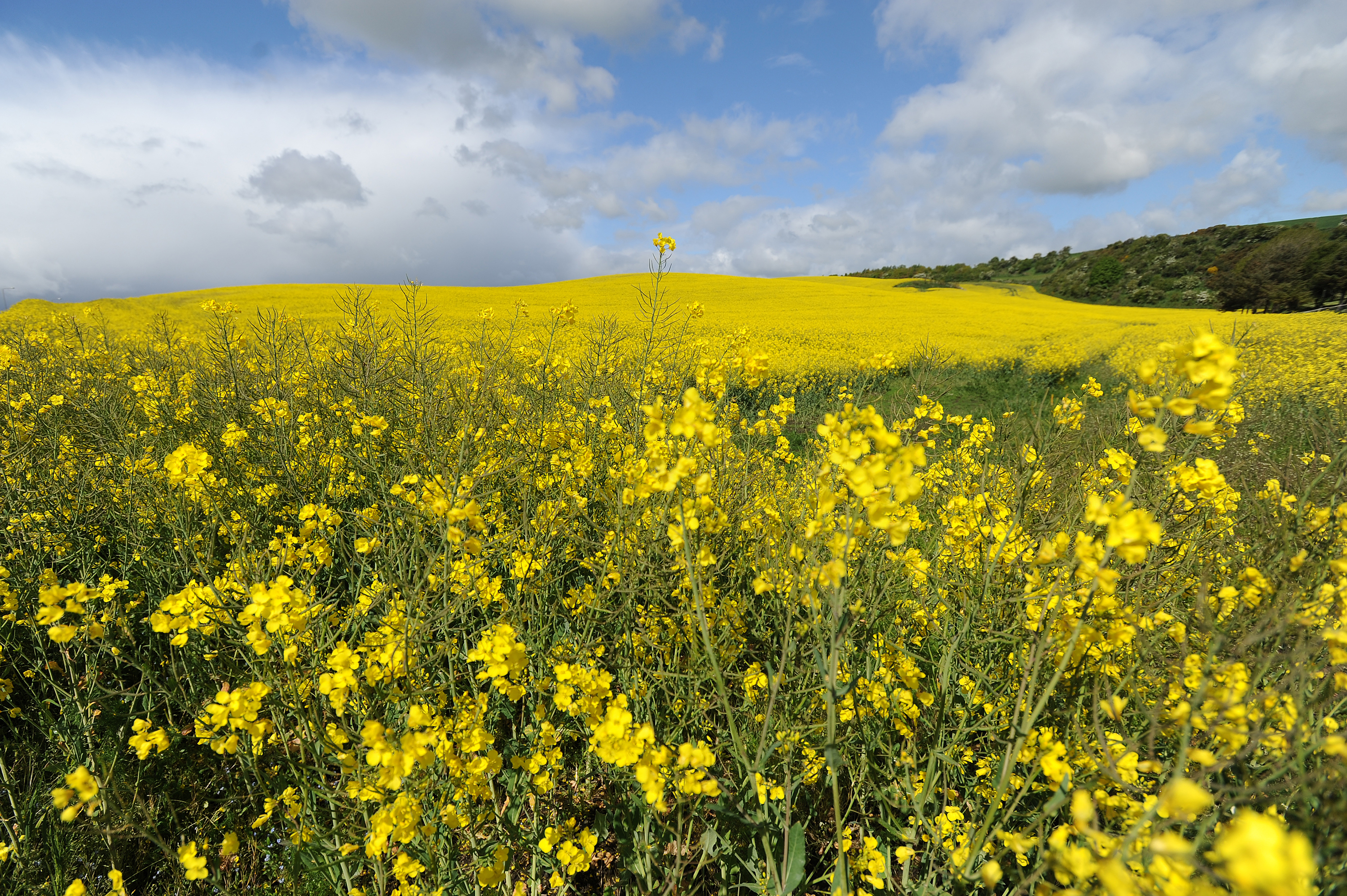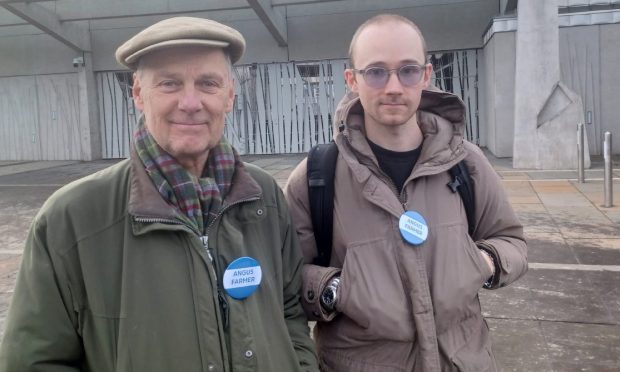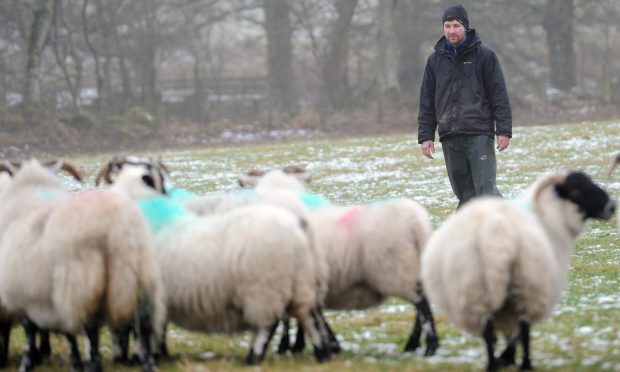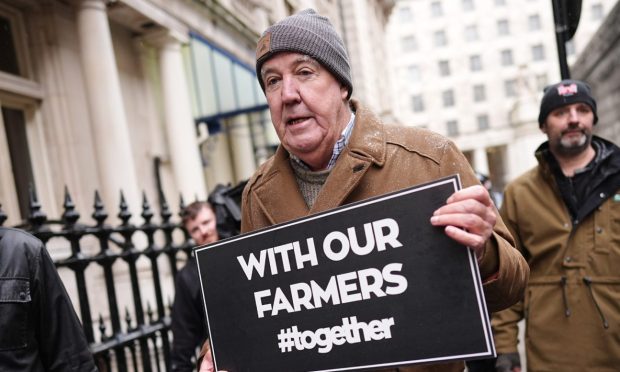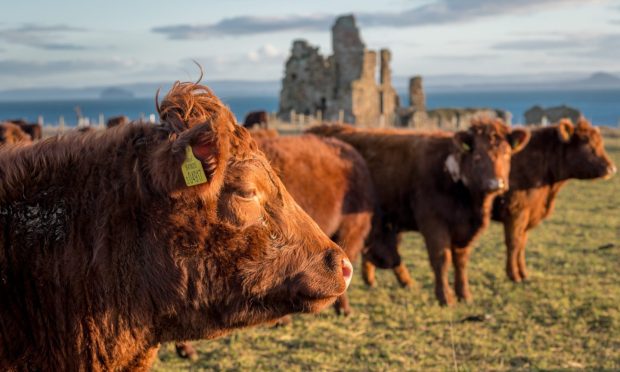An application by farmers to use pesticides which were banned over concerns they harm bees has been turned down.
Farmers wanted to use two neonicotinoid pesticides on 195,000 hectares (482,000 acres) or a third (33%) of the total area of oilseed rape grown in England to tackle cabbage stem flea beetle, which they say poses a serious threat to crops.
The pesticides have been banned by the European Union for crops such as oilseed rape, amid concerns over harmful impacts on bees, such as damaging their ability to forage and navigate, and colony growth.
But “emergency” use can be approved for limited and controlled circumstances where the problem cannot be dealt with in any other way.
Last year, the Government approved the use of “neonics” on up to 5% of oilseed rape crops or around 30,000 hectares (74,000 acres) sown in the summer and autumn – after turning down an application for much more widespread use.
Ministers have now turned down an application for an emergency authorisation to use the pesticides to tackle cabbage stem flea beetle this year, made by the National Farmers’ Union (NFU) and the Agriculture and Horticulture Development Board.
The move follows advice from an expert committee, which warned there was not enough information to be sure the pesticides would only be used where there was a danger or threat to crops and not “adequate assurance” use would be appropriately controlled.
A spokeswoman for the Environment Department (Defra) said: “Based on the evidence and advice from the UK Expert Committee on Pesticides, Defra has rejected two applications by the National Farmers’ Union to use neonicotinoids on oilseed rape crops.
“Applications are considered by the Health and Safety Executive and by the independent Expert Committee before a decision is taken by ministers.”
NFU vice president Guy Smith said: “This is a blow for arable farmers across the country whose oilseed rape crops are under heavy threat from cabbage stem flea beetle. We are disappointed with the minister’s decision; we strongly argued the case on behalf of our members.
“We remain committed to obtaining approval for the emergency use of neonicotinoid seed treatments for this planting season. These plant protection products are absolutely vital in protecting England’s oilseed rape crop from pests.”
But Friends of the Earth bee campaigner Dave Timms said: “The Government’s decision to reject this application is great news for Britain’s bees.
“Allowing farmers to use banned bee-harming pesticides would have been a real threat to these crucial pollinators.
“The Expert Committee on Pesticides has given a damning verdict on the applications. We hope the NFU will get the message and give up trying to bring back these dangerous chemicals.”
